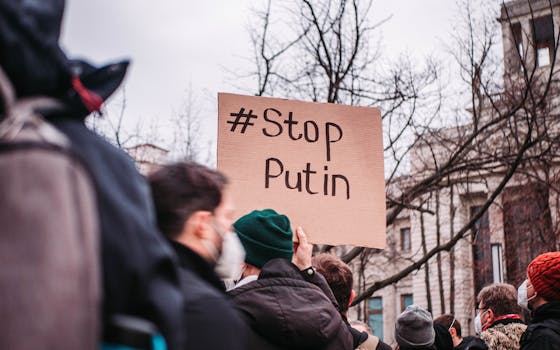Ukraine Summit Attracts World Leaders but Fails to Isolate Russia

The recent Ukraine Summit, held in Kyiv, drew significant attention from global leaders and international organizations. Despite the high-profile attendance and the strong show of support for Ukraine, the summit fell short of its goal to diplomatically isolate Russia. This article delves into the key aspects of the summit, the international response, and the implications for global geopolitics.
High-Profile Attendance
The Ukraine Summit saw participation from numerous world leaders, including representatives from the United States, the European Union, and NATO. Notable attendees included:
- U.S. Secretary of State Antony Blinken
- European Commission President Ursula von der Leyen
- NATO Secretary-General Jens Stoltenberg
- German Chancellor Olaf Scholz
The presence of these influential figures underscored the international community’s support for Ukraine amidst its ongoing conflict with Russia. The summit aimed to bolster Ukraine’s defense capabilities, enhance economic support, and strengthen diplomatic ties.
Key Discussions and Agreements
The summit’s agenda covered a wide range of topics, including military aid, economic sanctions, and humanitarian assistance. Key agreements reached during the summit included:
- Increased military aid packages from the U.S. and EU
- Enhanced economic sanctions targeting Russian oligarchs and businesses
- Commitments to provide humanitarian aid to Ukrainian refugees
- Plans to rebuild Ukraine’s infrastructure post-conflict
These agreements were seen as crucial steps in supporting Ukraine’s resilience and deterring further Russian aggression. However, the effectiveness of these measures in isolating Russia remains a contentious issue.
Challenges in Isolating Russia
Despite the strong show of support for Ukraine, the summit highlighted several challenges in diplomatically isolating Russia. Key factors contributing to this difficulty include:
- Economic Dependencies: Many European countries rely heavily on Russian energy supplies, making it challenging to impose comprehensive sanctions without facing significant economic repercussions.
- Geopolitical Alliances: Russia maintains strategic alliances with countries like China and India, which have shown reluctance to condemn Russia’s actions or participate in sanctions.
- Global Trade Networks: Russia’s integration into global trade networks complicates efforts to isolate it economically without causing widespread disruptions.
These factors underscore the complexity of isolating a major global power like Russia, even in the face of widespread condemnation and sanctions.
Case Studies: Sanctions and Their Impact
To understand the potential impact of sanctions on Russia, it is useful to examine historical case studies. For instance, the sanctions imposed on Iran over its nuclear program had significant economic impacts but did not lead to a complete diplomatic isolation. Similarly, sanctions on North Korea have severely impacted its economy but have not resulted in regime change or significant policy shifts.
In the case of Russia, the sanctions imposed since the annexation of Crimea in 2014 have had mixed results. While they have hurt the Russian economy, they have not led to a change in Russia’s foreign policy or its actions in Ukraine.
Conclusion
The Ukraine Summit successfully demonstrated international solidarity with Ukraine and resulted in significant commitments of military, economic, and humanitarian aid. However, the goal of diplomatically isolating Russia remains elusive due to economic dependencies, geopolitical alliances, and the complexities of global trade networks. Historical case studies suggest that while sanctions can have economic impacts, they are unlikely to achieve complete diplomatic isolation or policy changes in a major global power like Russia.
As the conflict in Ukraine continues, the international community faces the ongoing challenge of supporting Ukraine while navigating the intricate dynamics of global geopolitics. The outcomes of the Ukraine Summit highlight the need for a multifaceted approach that combines diplomatic efforts, economic measures, and strategic alliances to address the crisis effectively.




